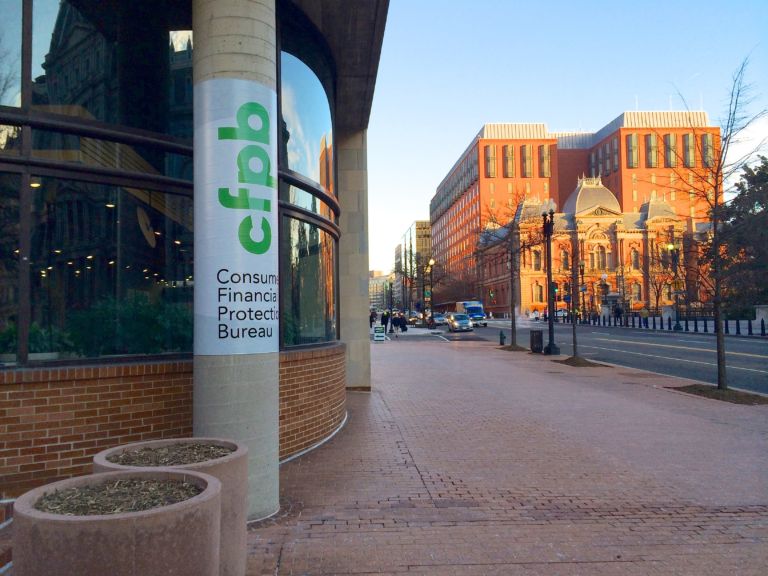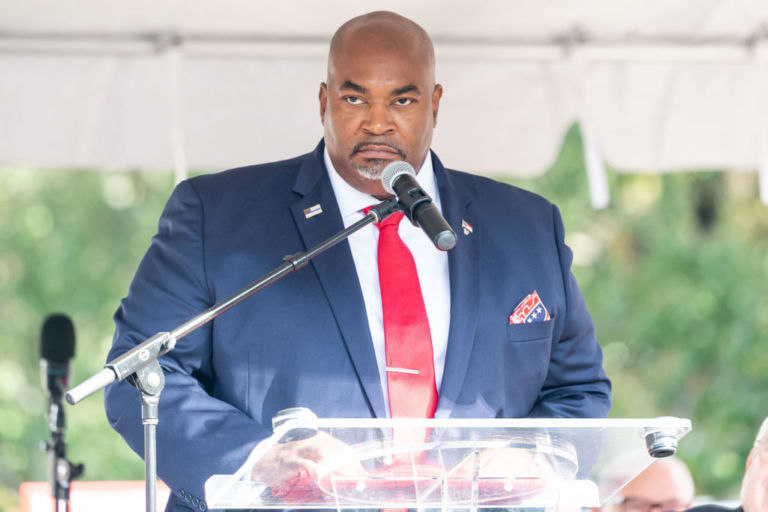Chris West writes for the Martin Center about questions surrounding the future of one form of higher education.
Between recent seminary closings and a general decline in admissions, the future may not bode well for some Baptists schools in higher education. The difficulty moderate and liberal schools face, however, seems greater than what conservative schools will deal with.
The year 2021 will mark 30 years since the opening of the first freestanding Baptist seminary after the contentious “conservative takeover” of the Southern Baptist Convention in the 1970s. However, some of those institutions founded since the split will not be around to celebrate the anniversary. In the past few years, some notable seminaries with Baptist affiliations have closed or dramatically downsized.
For instance, the Baptist Theological Seminary of Richmond (BTSR) closed in June 2019 due to financial pressures. BTSR was the oldest of the freestanding baptist seminaries and opened in 1991 by the Southern Baptist Alliance (now the Alliance of Baptists–a liberal Baptist denomination). The seminary had the hopes of being “racially and gender-inclusive with an ecumenical commitment and a global perspective.”
The closure of BTSR was a red flag for many Baptists, though it was not alone. Many schools with moderate Baptist ties have made changes as student numbers fall. Seminaries across the country have folded or merged to avoid a closure. …
… This trend of national closings should be especially concerning to North Carolinians. After all, many freestanding Baptist institutions were started in North Carolina, such as Campbell University School of Divinity, Gardner-Webb School of Divinity, and Wake Forest Divinity School. In 2003, Duke Divinity School opened the Baptist House of Studies for Baptist Students even though the university remains officially affiliated with the United Methodist Church. Not all Baptist seminaries in the state are in hot water though.
While Baptist schools that generally consider themselves “moderate” have struggled, conservative seminaries are frequently seeing record enrollment. Aside from enrollment changes, Southern Baptist seminaries tend to have more students.


